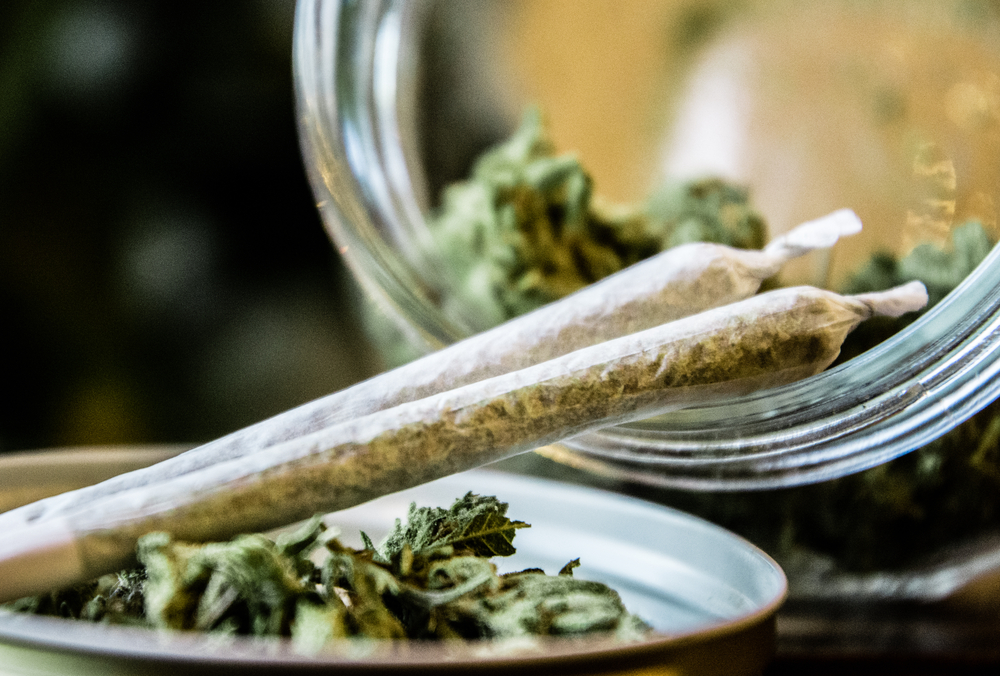In 2014, Sean Loftin, 18, took the two-hour bus ride from an upstate New York Job Corps site, where he was learning automotive maintenance and repair, to see family and friends in his native Yonkers, just outside New York City.
He’d been doing well in that federally funded job-training program, said Emma Loftin-Wood, the young man’s grandmother, who’d helped to raise him in that Yonkers apartment. But a life-changing thing happened, during that visit, as he and two friends walked the block where they’d grown up.
 “They were just sort of hanging out in a parking lot when these officers came up and began to harass them,” Loftin-Woods said. “And all they could find was a cigarette butt on the ground, and they picked it up, and (Loftin) would not let his friends take the fall for that.”
“They were just sort of hanging out in a parking lot when these officers came up and began to harass them,” Loftin-Woods said. “And all they could find was a cigarette butt on the ground, and they picked it up, and (Loftin) would not let his friends take the fall for that.”
Police had no evidence proving to whom the stub of that marijuana cigarette belonged, according to the grandmother. Still, they arrested Loftin, and charged him with possessing marijuana. A judge dismissed the charge, requiring Lofton to ensure he wouldn’t get into legal trouble going forward.
Loftin’s grandmother wouldn’t provide contact information for him, nor was it readily available online, so he might comment about what happened.
The ordeal, however, transformed her, she said, into an advocate for marijuana reform in New York, where, in late March, state legislators approved and the governor signed a law legalizing recreational cannabis for adults who are at least 21 years old. The same law prohibits police stops of people carrying three ounces or less of marijuana.
Prior marijuana convictions can be erased
The new law is retroactive. It allows persons to have prior marijuana-related convictions for which, under the new rules, they would not be arrested, to be expunged from their record.
Expungement of prior records was critical to ensuring fairer justice for communities disproportionately policed and affected by drug arrest policies, said New York State Assembly Majority Leader Crystal Peoples-Stokes (D-Buffalo).
“Black communities, brown communities, have always been the target of these laws,” Peoples-Stokes said. “If we’re going to take the market above ground, we have to remove those convictions.”
More than simply treating cannabis like alcohol, another recreational product whose consumption eventually became legal, New York’s new law fundamentally rewrites how young people caught with the plant are treated, lawyers and marijuana advocates say. Particularly for young people who had previous nonviolent cannabis possession charges, the law is especially forgiving, promising to expunge the charges entirely off their record.
In New York State, minors under the age of 18 are automatically sent to family court, rather than a criminal court. The family court, which treats cases as civil matters rather than criminal ones, means any further charges will not show up on a criminal record.
Law changes marijuana arrest procedure
In terms of policing, Jeremy Saland, a criminal defense attorney and former Manhattan prosecutor, said the new law dramatically shifts how police can initiate a search.
On his legal blog, Saland wrote that simply smelling cannabis is no longer enough for police to stop someone in New York. “Other than when the police are investigating operation of a vehicle while [the driver is] impaired by drugs, no finding of reasonable cause to believe a crime has been perpetrated can be found entirely on evidence of the smell of fresh or burnt cannabis,” Saland wrote.
“The bigger piece is that you look at this, and now, maybe, before anything even touches the realm of criminality, the weight you need to prosecute cannabis is so high,” Saland told the Juvenile Justice Information Exchange, using the words cannabis and marijuana interchangeably.
He noted that several district attorneys across the state had already begun declining to prosecute marijuana possession cases before the new law was approved. They include, among others, Brooklyn District Attorney Eric Gonzalez. He stopped prosecuting all such cases in 2014, according to a statement released by his office.
NYPD outlined new arrest rules
For their part, executives of the New York Police Department, in a March 31 memo, outlined how officers in the city should begin treating youth accused of violating marijuana laws. The memo suggested that, when people under 21 do violate the law, there is little police can do to cite that violation or arrest those individuals.
“In the future the NYPD may have the ability to issue a civil summons for such a violation,” the memorandum reads. “Until that time, possession of 3 ounces or less by a person under 21 cannot be the basis of an approach, stop, summons, juvenile report or arrest.”
The memo added, however, that anyone under 21 observed smoking “where cigarette smoking is prohibited” could be issued a summons.
For Loftin-Wood, however, her work is not done. Particularly for those convicted and imprisoned for non-violent possession charges, she asks how they can ever possibly recover what they paid to fight their cases, even if the charge was dropped and they are released from imprisonment or pre-trial detention.
“All those fines, they’re not giving that money back,” Loftin-Wood said. “That could help those people coming back from the institutions and prisons and could help them get started. They capitalized on us and, in particular, people of low income.”
































